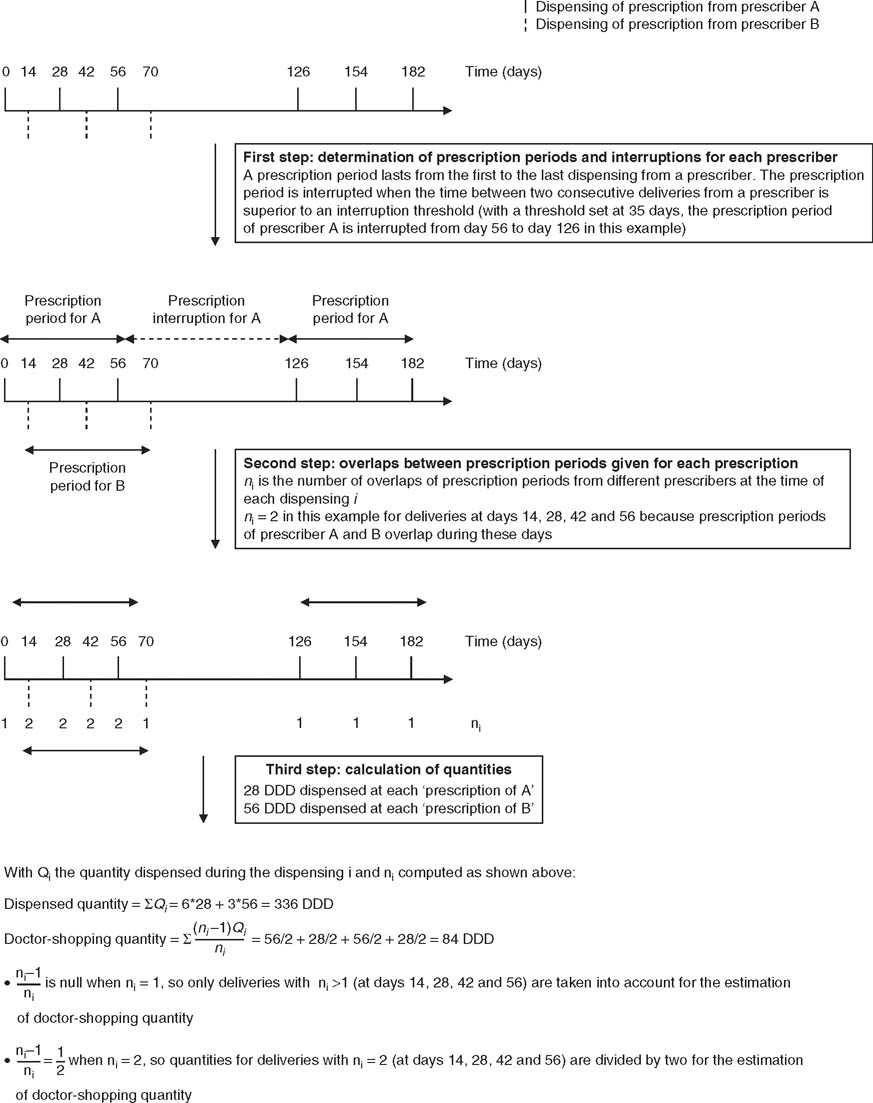You are right that TD isn't only about receptor upregulation. There seem to be a number of parallel mechanisms that increase sensitivity to dopamine after long-term blockade, including increased release of endogenous dopamine and the growth of new synaptic terminals, and these don't seem to be entirely reversible.
Parkinson's involves degeneration of a specific population of dopaminergic neurons in the substantia nigra. They actually die, they don't just reduce their receptor complement. There is overlap in the clinical appearance but PD is not caused by dopamine blockade. It is the result of the death of a specific population of dopaminergic neurons in the substantia nigra. You can treat symptomatically by providing exogenous dopamine for a period of time to get the most out of the surviving neurons, but this strategy ultimately has an expiration date.
(Also the provision of exogenous L-dopa is of course not specific to nigrostriatal neurons, so while you are pounding the nigra with extra dopamine to wrest some motor function out of that circuit, you are also saturating the dopamine receptors in the mesolimbic and mesocortical pathways, resulting in the visual hallucinations seen in older PD patients on high doses of L-Dopa. 'Little people in the corner' are classic for this.)
Are you thinking about glutamate excitotoxicity? Glutamate is the brain's major excitatory neurotransmitter and excessive neuronal activation (including uncontrolled seizure activity) is well documented to lead to neurotoxicity and cell death. GABA is the brain's major inhibitory neurotransmitter (at least postnatally) and I am not personally aware of inhibition-related cellular toxicity (not to say that it couldn't be a thing, just that I haven't heard of it). A quiet neuron does end up with fewer/weaker connections in the long run however.
Alcoholic hallucinosis is a thing but I'm not an expert on the pathophysiology. However I just did some quick reading and it sounds like the thought is that alcohol has NMDAR blocking properties which are normally psychotomimetic, but the psychotomimetic effect can be prevented by coadministration with a GABA agonist. Since alcohol has intrinsic GABAergic function it's not common to see psychosis with acute intoxication, but it sounds like somebody who has been a chronic user and therefore has reduced GABA receptor expression might see 'uncovered' psychotomimetic effects from the NMDAR blocking property of the ethanol. Or something like that.

www.sciencedirect.com



